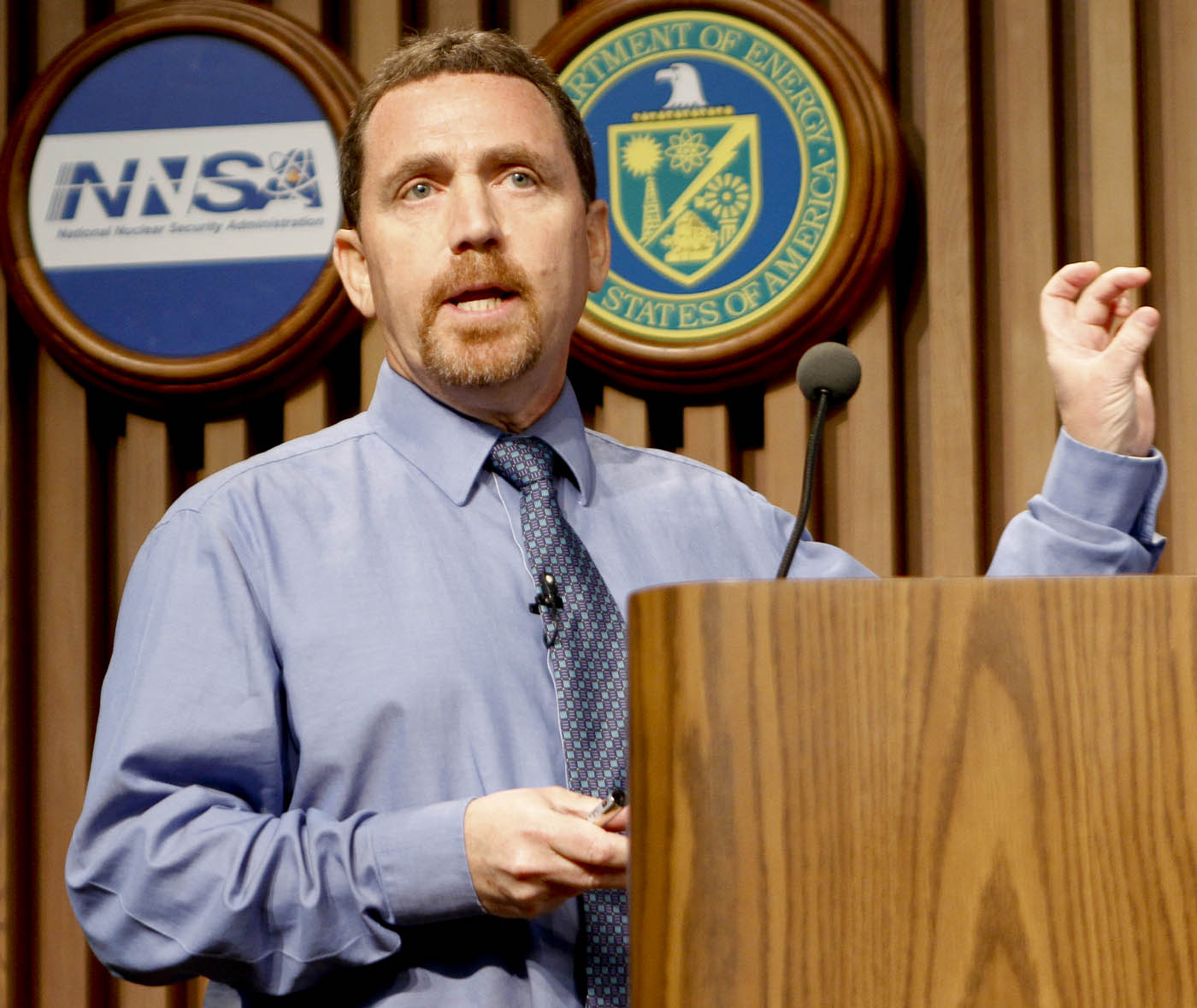It’s hard to lose a long-term friendship. That happened to me last year. My friendship did not survive my unwillingness to “stay in my lane”.
I met my friend – let’s call him T – while I was a student at Cornwall School in Dortmund. Back in 1966, our family moved from suburban Maryland to Dortmund in Germany. My parents had to decide whether to enroll me in a German school or a British Army school. Because I spoke no German at the time, they chose the British Army school.
I was the only American in a school of over 400 British students. It was tough going. I spoke with a different accent. My parents were not in the military. My parents did not live on the British base in Dortmund. I did not know how to play soccer, rugby, or cricket. I was “the Yank”. I stuck out like the proverbial sore thumb. Finding friends was essential to a survival strategy.
T was one of my friends. He was fascinated by history, and a never-ending source of information about military strategy, the rise and fall of the Roman Empire, and obscure Greek philosophers. We shared interests in literature and language. And T was always funny, with a goofy and endearing grin.
After graduating from Cornwall, I remained in contact with T – we did not let our friendship fade into an insubstantial memory. We wrote each other letters and holiday cards. T’s communications continued to explore rich veins of history and philosophy. They were always a joy to read.
In 1999, while attending a scientific conference in the U.K., I met T again. It was a trip down memory lane – an opportunity to reminisce about our time at Cornwall School, catch up on what had become of old classmates, and reflect on where we were in our lives.
A few years later, T invited me to be best man at his wedding. I felt deeply honored to receive his kind invitation. I had never been “best man” at a wedding. I bought a nice suit for the occasion, flew over from California to London, and caught a train to Manchester for the event. “It was a good do”, as the Brits might say. I gave T and his wife a blown-glass vase I had brought from California, painted with a motif of California poppies. “Always keep your marriage fresh”, I wrote in a card to the happy couple. “Always keep fresh flowers in the vase”.
And then Trump happened. When Donald J. Trump became a serious candidate for the Presidency of the United States in 2016, the first real cracks appeared in my 50-year friendship with T. In T’s world view, Trump was a bold and fearless leader, willing to take the difficult decisions other politicians could not. I viewed President Trump as a dangerous demagogue. As a climate scientist, I was particularly shocked and dismayed by Trump’s incorrect dismissal of human-caused global warming as a “hoax” – a conspiracy “created by and for the Chinese in order to make U.S. manufacturing non-competitive”.
In the summer of 2016, candidate Trump announced that if he became President, he would initiate steps to remove the U.S. from the Paris Climate Accord. That announcement caught my attention. Together with colleagues at the U.S. National Academy of Sciences, I drafted a letter – subsequently signed by 372 NAS members – pointing out the dangerous consequences of U.S. withdrawal from the Paris Accord. In 2017, when candidate Trump assumed the Presidency and appointed climate change deniers to influential positions in his Administration, I publicly pushed back against such “trickle-down ignorance”. I wrote op-eds in newspapers and essays in Scientific American.
I used these op-eds and essays to defend scientific understanding of the reality and seriousness of human effects on global climate. My entire scientific career had been focused on fingerprinting the climate system. My colleagues and I had identified human fingerprints in many different records. I was not going to walk away from our research findings, even if the new head of the agency that funded our research – Secretary of Energy Rick Perry – incorrectly dismissed climate science as “a contrived phony mess”. I was not going to lay low for four years, and simply hope for more enlightened political leadership in 2021.
I firmly believe in the importance of speaking science to power, particularly on issues that are of critical importance to the health of our society and our planet. Climate change is such an issue. As I see it, there is little point in being a scientist if you are unwilling to defend hard-won scientific understanding.
My friend T read my op-eds and essays. Our communications became more difficult. He advised me to stay in my lane – to stick to climate science, and to avoid expressing political opinions. I responded that defending scientific understanding, on issues directly related to my technical expertise, was an integral part of my job. If President Trump and members of his Administration publicly misrepresented scientific understanding, I would do my best to set the record straight.
I had hoped that our friendship would survive our divergent views on the public responsibilities of a scientist. Sadly, it did not survive. T descended ever deeper into a maelstrom of conspiracy theories. In one of his last emails, he cast doubt on the integrity of all the scientific research I had published, arguing that my politics had infected my science. It was time to politely disengage. Disengagement felt like failure – like a punch in the gut. It still feels that way today.
When you are driving a car, it’s important to have some situational awareness. How fast is traffic moving in other lanes? Are drivers in other lanes exhibiting erratic behavior, or showing signs of being distracted by their cell phones? Sometimes it’s necessary to shift lanes to pass slower traffic, or to merge or exit. In shifting lanes, lack of awareness of the relative speeds and sizes of other vehicles can get you hurt, or worse.
In driving, I signal when I’m changing lanes. In science, I do the same. When I express opinions that are outside the boundaries of my professional expertise, I let others know that I’m speaking as a citizen, not as a climate scientist. But I don’t accept my former friend T’s premise that I must forever remain within the narrow confines of my scientific lane. I did not park my citizenship at the door when I became a scientist.

